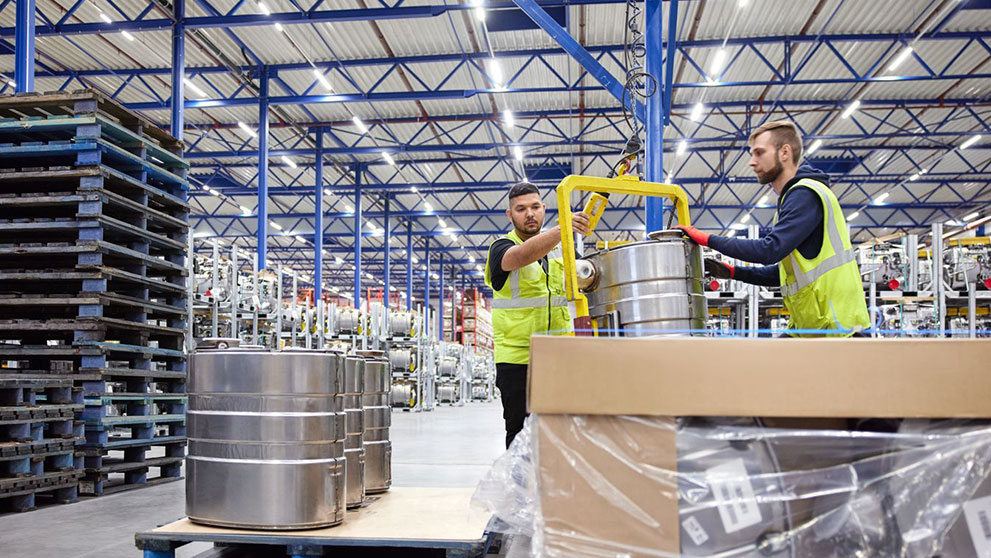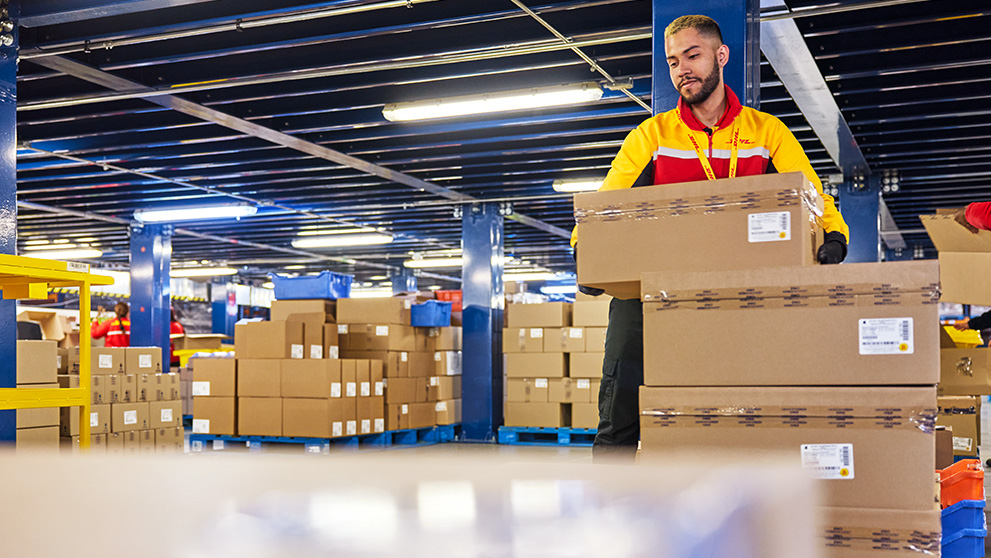Germany, standing as one of Bangladesh’s largest trading partners, presents a vast market for Bangladesh businesses. With its strong and diversified economy, Germany occupies a prominent position as one of the world’s powerhouse economies, as highlighted by World Economics. This makes Germany an attractive hub for international trade. Its diverse consumer base, robust demand, and strategic geographical location in the heart of Europe add to its allure as a desirable export destination.
The potential of Bangladesh export products
If you are looking to venture into the international market or expand your current export operations, the following list of the top 10 export products of Bangladesh provides a starting point:
- Readymade garments
- Home textile
- Seafood
- Leather and leather goods
- Jute and jute goods
- Vegetable products
- Pharmaceutical products
- Plastic and plastic products
- Bicycle
- Terry towel
This list of the most exported products from Bangladesh showcases the extensive capabilities of the manufacturing sector and its adaptability to global market demands. Among these, according to the Federal Foreign Office, over 90% of Bangladeshi exports to Germany are textiles, highlighting the significant role the textile industry plays in Bangladesh's export market.
Beyond textiles, other sectors are steadily making their mark in the export market. Notably, deep-frozen foodstuffs and leather products have a significant presence in exports from Bangladesh to Germany. The strength of these exports lies in Bangladesh's competitive production costs, which provides a considerable advantage when exporting to a developed market like Germany.
Understanding the import regulations in Germany
To tap into these opportunities, it is crucial to understand the key German import regulations. One such crucial regulation is the need for an EORI (Economic Operators´ Registration and Identification) number. This unique number, issued by the relevant authorities within the European Union (EU), serves as an identification tool for customs to pinpoint economic operators and, if needed, other involved parties.
The General Directorate of Customs’ Master Data Management office in Dresden assigns these EORI numbers, upon request, at no cost. Given this, being well-informed about the overall customs requirements, restricted items, as well as packaging and labelling standards can facilitate seamless export to Germany.
Customs requirements: Duties and taxes
For instance, goods imported from a third country, like Bangladesh, are generally subject to duties. The Common Customs Tariff, essentially a comprehensive list of goods likely to be involved in international trade, assigns a specific code to each item. This systematic categorisation or nomenclature serves as a reference to determine applicable duties.
The first six digits, known as the Harmonised System (HS), serve as a base, which is then extended by two more digits from the Combined Nomenclature (CN) of the European Union. These eight digits collectively encompass a wealth of information, including customs duties, textiles categories, and other facts relevant to import clearance.
The ninth and tenth digits, part of the Integrated Tariff of the European Communities (TARIC), incorporate various measures, such as anti-dumping rules or duty suspensions. Lastly, the eleventh digit is exclusively for national use, typically encoding Value Added Tax (VAT) rates or specific domestic bans or restrictions. For most imports into Germany, the general VAT rate stands at 19%.
For self-research on the potential duties on your goods, you can identify the relevant code number using the Electronic Customs Tariff (Elektronische Zolltarif-online - EZT-online), made available online by the Federal Fiscal Authority, or the Integrated Tariff of the European Communities (TARIC). Please note that the EZT-online is exclusively in German. This step allows you to plan your export to Germany effectively, keeping surprises to a minimum and ensuring a smoother shipping experience.
Restricted and prohibited items
Additionally, the import of certain items into Germany can be either restricted or entirely prohibited. These items are determined by various factors, including public safety, environmental protection, health considerations, and moral standards. Examples of prohibited items include firearms, explosives, specific types of medication, and certain types of plants and animals. Items that fall under the category of prohibited goods are not legally permitted to enter Germany; thus, any courier services would refuse their carriage.
On the other hand, there are goods that, while not prohibited, are subject to restrictions. Such items will require special permits or licenses to be imported and may be subject to additional import controls. Items that are subject to import restrictions in Germany encompass various chemicals, leather goods, powdered milk and canned foods, as well as materials of radioactive or toxic nature.















